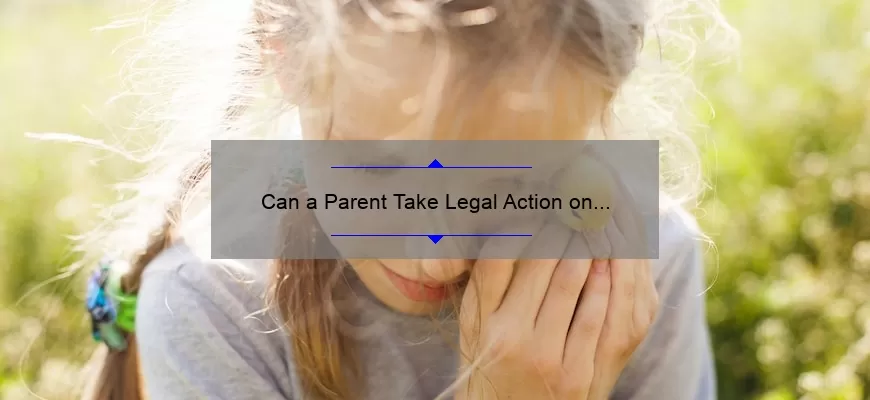#image_title
Can a Parent Take Legal Action on Behalf of Their Child

#image_title
- Trending
- Comments
- Latest
The Pros and Cons of Titling a Car in Your Childs Name
February 18, 2023
Grieving with Bill and Gloria Gaither: Remembering their Lost Child
February 11, 2023
The Painful Loss of Phil Wickhams Child
February 13, 2023
The Unconstitutionality of Child Support: Examining the Legal Debate
February 15, 2023
LUXURY ANTI FATIGUE SLEEP MASK AND ACCESSORIES
April 8, 2024
Why Doesn’t Liz have Custody of Her Daughter
January 28, 2024
Can Pregnant Women Eat Prime Rib
January 28, 2024
Why is Eucalyptus Bad in Pregnancy
January 28, 2024
Browse by Category
Recent News
LUXURY ANTI FATIGUE SLEEP MASK AND ACCESSORIES
April 8, 2024
Why Doesn’t Liz have Custody of Her Daughter
January 28, 2024
Copyright © 2023 - Sierrapeds - Chat us for Guest Posts & Personalized Ads.















